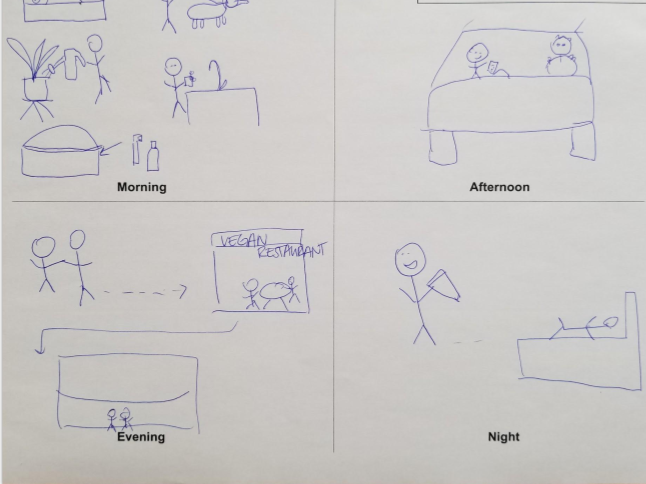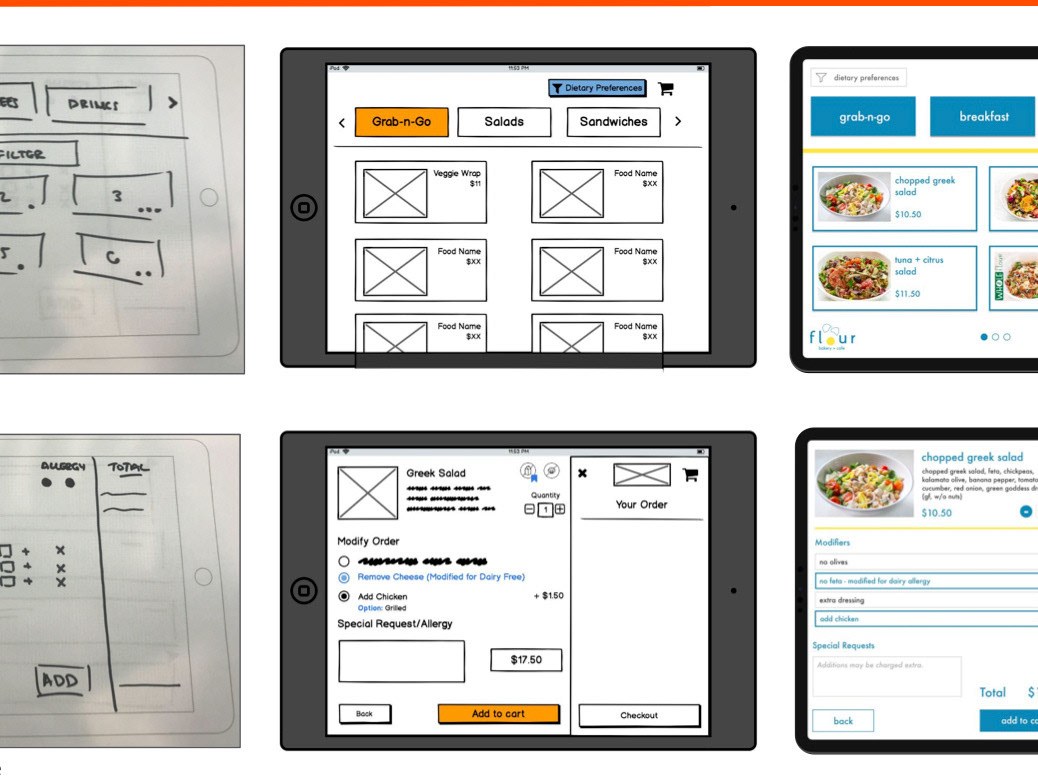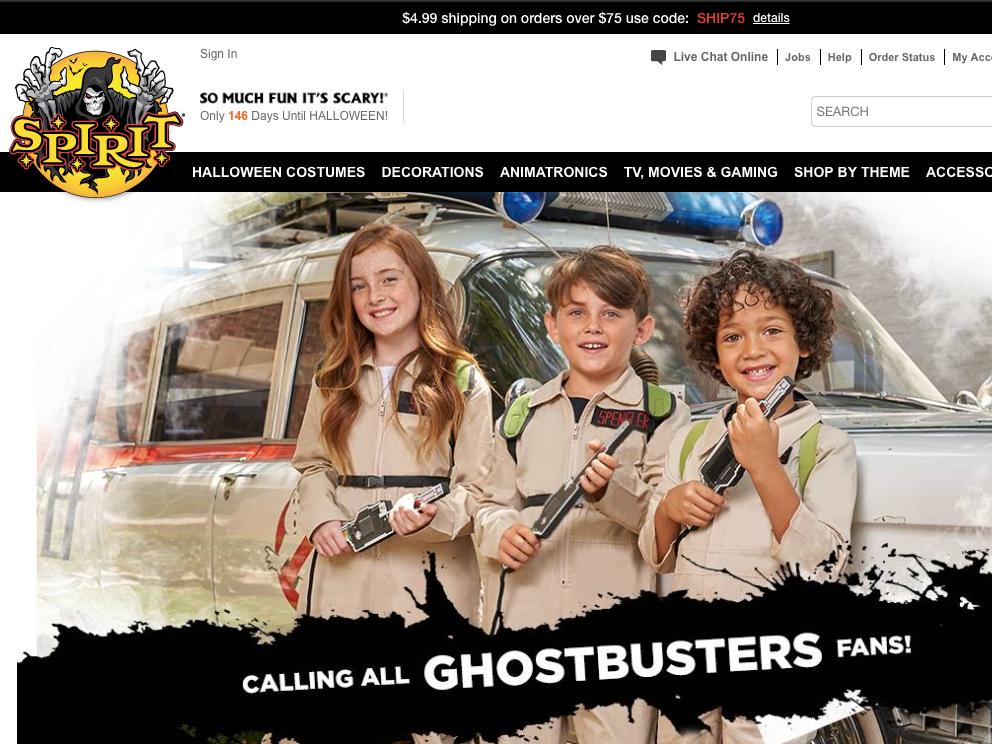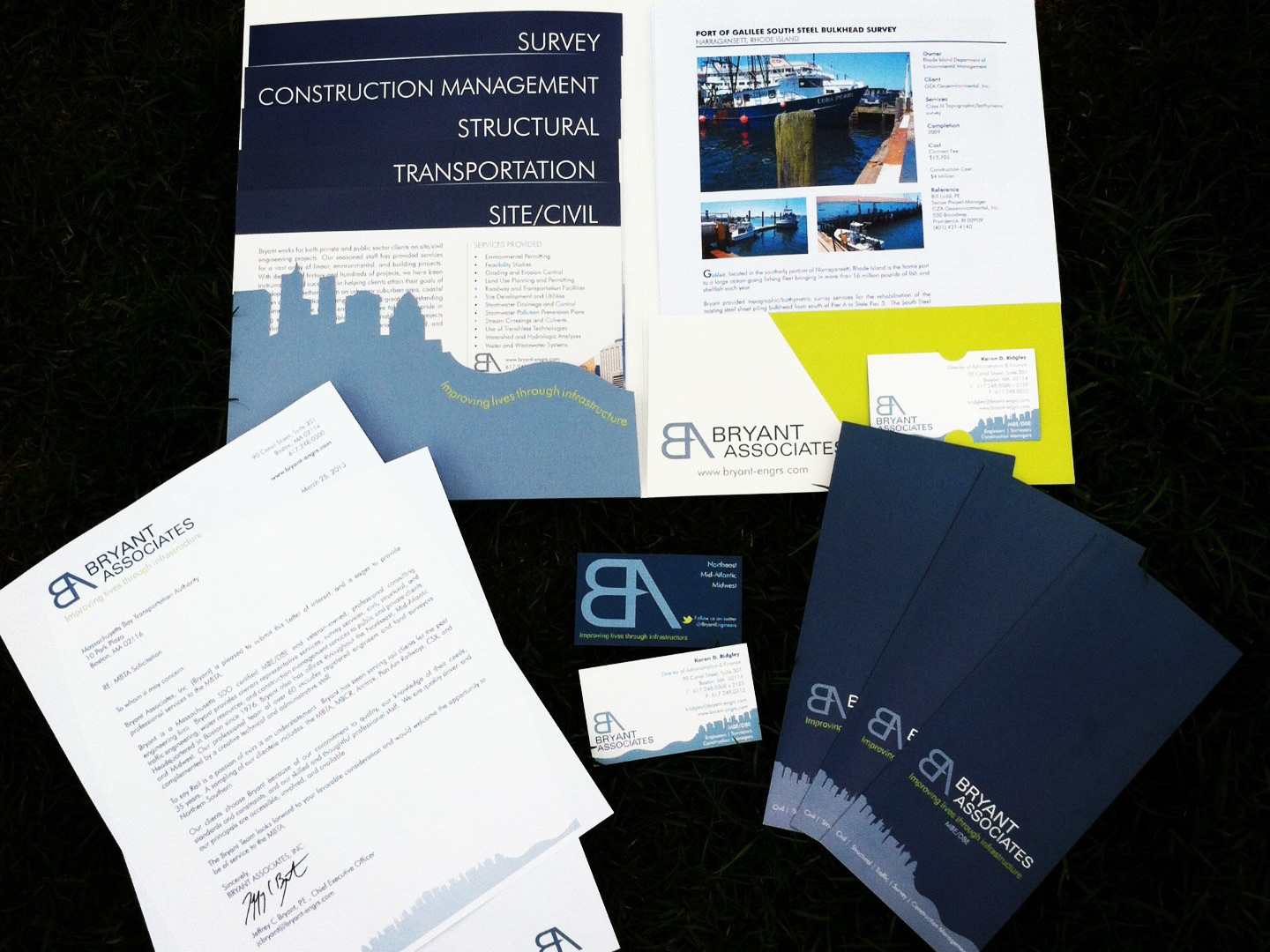Project Summary
Our team conducted a group expert review and usability study to uncover problem areas on the Massachusetts Courts jury and self-help webpages. Based on our findings we recommended solutions to make it easier for summoned jurors and self-represented litigants to find relevant court-related information.
Background
Client Problem
Our client, the Massachusetts Courts design team, provides online information and resources for people that interact with the Massachusetts Court System, including members of the general public, lawyers, and court employees.
They sought out help from our Bentley student research team after they heard that users of their website have trouble finding relevant information on important court matters (e.g. jury-duty, divorce, child support).
My Role
UX Researcher on a team of 5
I was an active member of the team that participated in all project phases, including planning, executing, analyzing, and presenting thematic findings and recommendations for our group expert review and usability study. An example of my contribution highlights includes developing the usability study tasks and organization of final deliverables.
The Process
Methodology
Our team performed a group expert review using frequent user tasks and principles from the Structured Heuristic Evaluation of Online Documentation by Kantner, Shroyer, and Rosenbaum (2002).
We then planned and conducted a formative in-person usability study with 14 participants and 1 pilot participant.
Challenges and Limitations
The research team was located in three different time zones (San Francisco, Boston, Zurich) which impacted meeting availability and timing.
Usability Study: – There was no budget to recruit participants, therefore participants were from a diverse sample of family, friends, and coworkers
– Technical difficulties in one session prevented us from using the data
– One session was only partially complete and was not counted toward any quantitative measures
Deliverables
Our client deliverables included:
– Research test plan
– Group expert review full report and presentation, including issue count, heuristics violated, prioritized list of findings, and recommendations
– Usability test full report and presentation, including task success rates, mean SEQ scores, verbatims, and recommendations
Result
Based on data from a group expert review and usability study, our team uncovered many usability issues and developed design recommendations to address the issues.
Recommendations
Overall we recommended that the design team avoid pdfs when possible, because the content within the pdfs was not scannable and some users couldn't open the pdfs depending on their browser. We suggested they convert important pdf content to a simplified web-based format that is easier to scan and consume.
Users missed important user task information due to its location or prominence on the page. We recommended the layout of information on the pages be grouped and organized with the user’s task in mind and to consider the task frequency and relevancy of the information to the user’s task.
Next steps
The client plans to use our findings to gather support from additional stakeholders on long-standing issues. They have already implemented some of our recommendations and will continue to use our work to help improve the user experience.
We suggested the following as the client's next steps: – After making changes conduct another usability study to see if task performance and SEQ ratings improve.
– Employ a card sorting study to find the most intuitive labels and groupings that match user expectations.
– Consult a content strategist to help with improvement of website language, content, and organization.
Sample of work
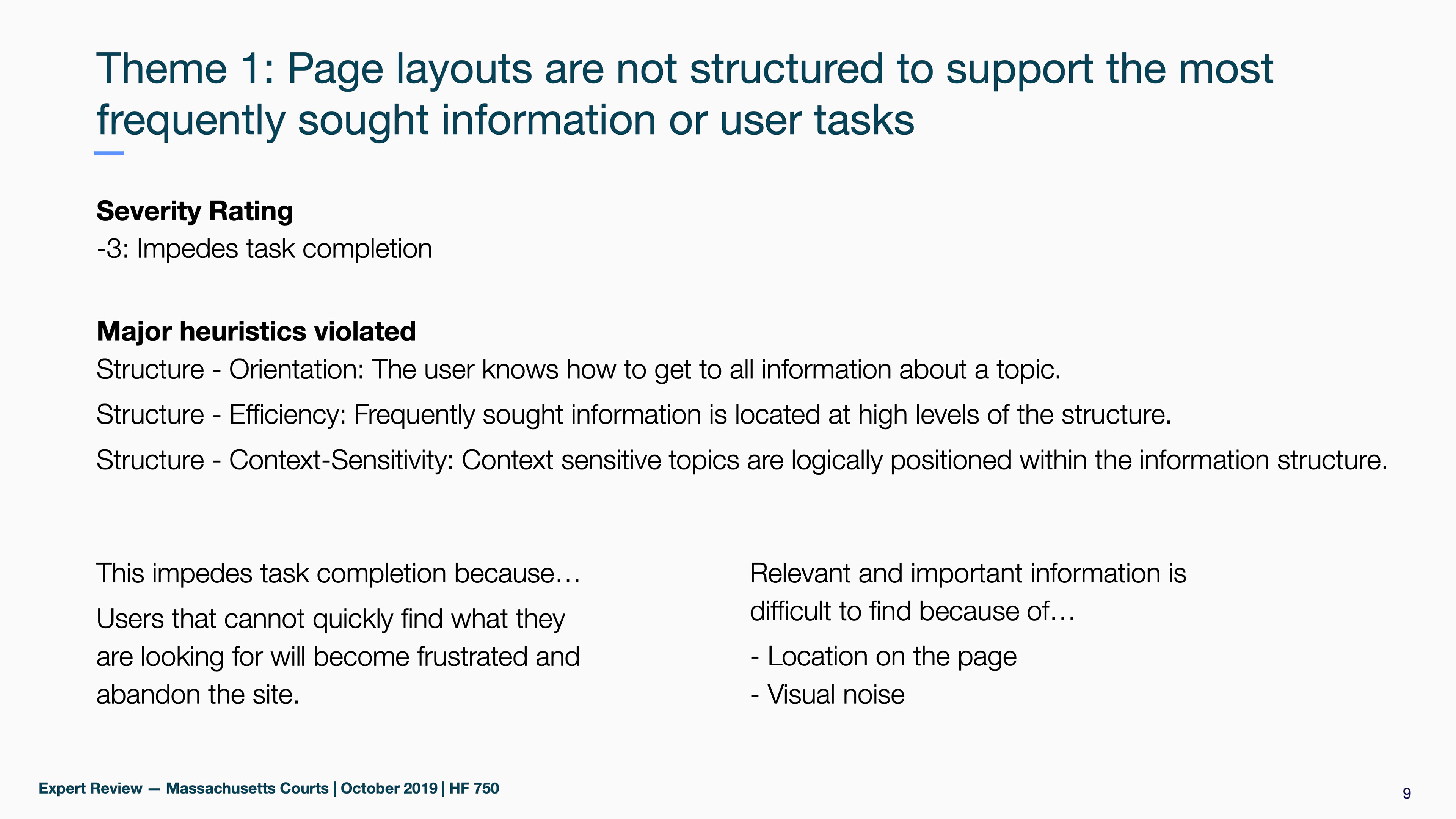
Sample finding from group expert review

Sample finding from group expert review
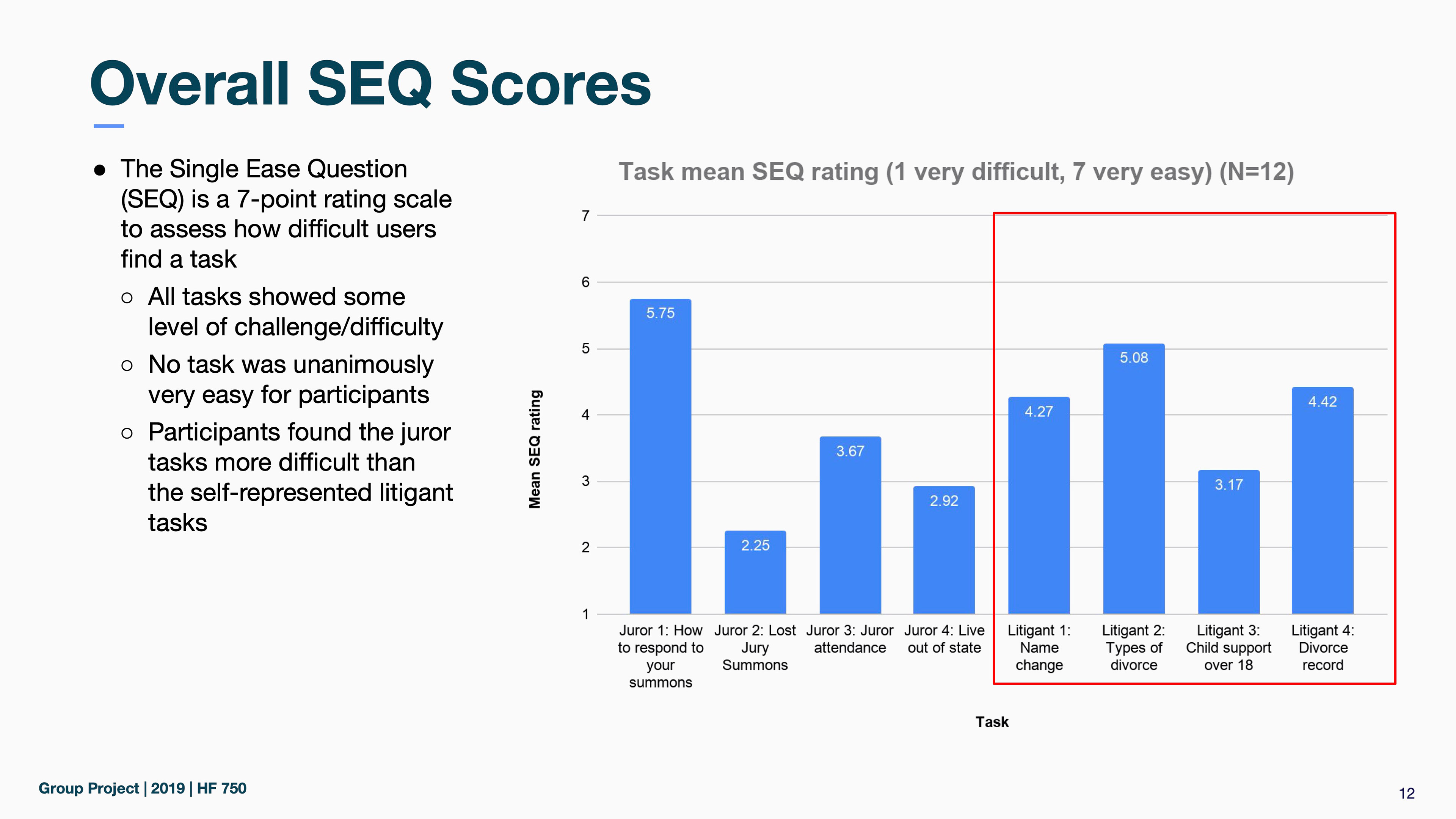
Sample finding from usability study

Sample finding from usability study
Kantner, L., Shroyer, R., & Rosenbaum, S. (2002). Structured heuristic evaluation of online documentation. IEEE International Professional Communication Conference, (May), 331–342. https://doi.org/10.1109/ipcc.2002.1049115

